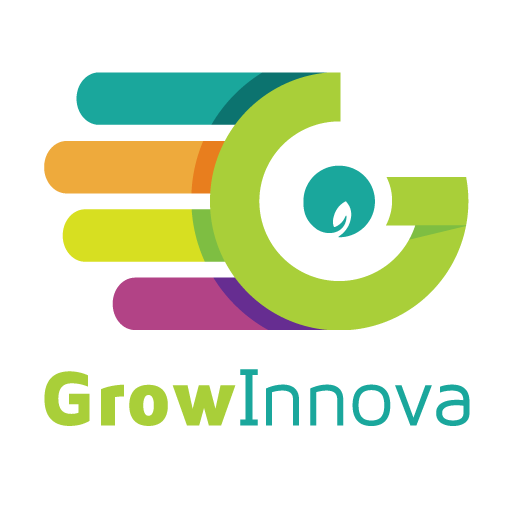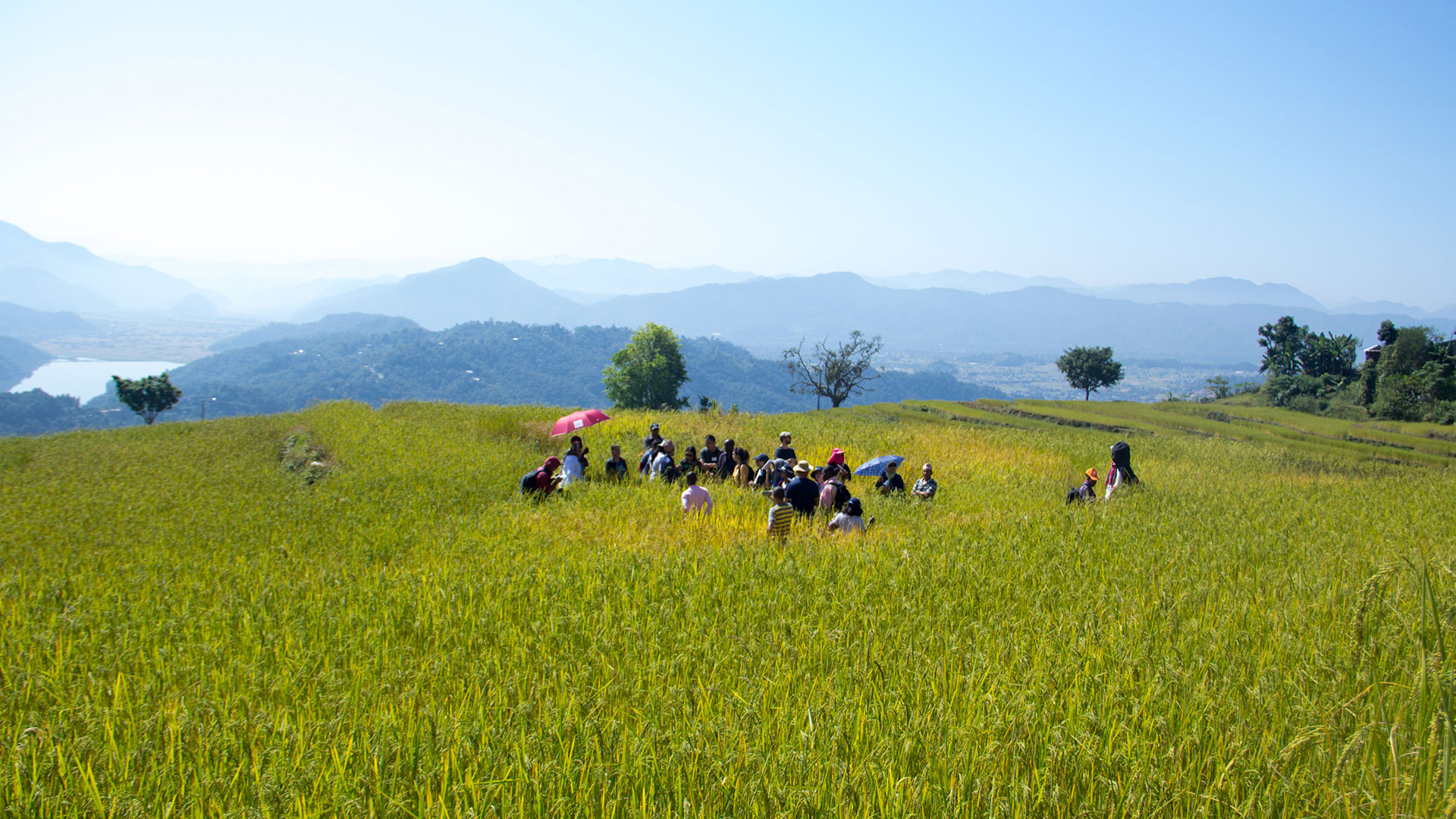GrowInnova along with LI-BIRD, with the financial support of Wageningen CDI, the Netherlands and Bioversity International, conducted an international course on ‘Plant Genetic Resources and Resilient Seed Systems for Sustainable Food Security’ from 22 October to 9 November 2018 for the second consecutive year in Nepal. There were 23 international professionals from 17 countries of Asia, Africa, South America, and Europe who participated in this 3-week long course in Pokhara with field visits to various sites of Kaski, Chitwan and Nawalparasi districts. During the opening of the programme, Dr. Balaram Thapa, Executive Director of LI-BIRD, with the presence of LI-BIRD Board and Executive Team members, welcomed to all participants in Nepal and wish for the success of the course. Similarly, Dr. Abishkar Subedi, Course Coordinator from Wageningen CDI highlighted the importance of this course and the reason behind it is being organized in Nepal during his special remarks.
The main objective of this course is to introduce best practices and methodologies to promote safeguarding and sustainable use of agrobiodiversity in farming systems that are facing climatic variation and to increase resilient seed system for sustainable food security. These steps aim to contribute to the design of a practical seed system intervention in a particular agro-ecological context. This course included lectures, case examples, group works, plenary presentations, debate, seminar along with the field visits to observe pioneering work done by farmers in community biodiversity management, participatory plant breeding, payment for ecosystem services, climate-smart village management, and managing a community seed bank and community-based seed production.
Dr. Ronnie Vernooy, the course coordinator from Bioversity International, the Netherlands, said, “This course is aimed to provide participants with tools to support resilient seed system to support smallholder farmers. We are introducing a number of tools, approaches, and methods, and the field visits that included interaction with farmers communities and see their innovations such as community seed bank and community-based seed production.” Dr. Vernooy added that Nepal has a very good experience to share, apart from it being ‘a beautiful and diverse country’ with ample opportunity to give exposure to participants to the field reality and farmers’ actual practices.

The course was divided into four modules, which included: 1) Understanding and empowering community: concept, methodology, tools and case examples; 2) Genebank and Resilient seed systems; 3) Learning from the field and integrating into own reality, and 4) Creating a supportive policy and legal environment. Sharing his overall experience of learning in Nepal with “Nepalese being very friendly and welcoming”, Mr. Edem Daniel Halolo (participant from Ghana), Technical Officer of Savanna Agricultural Research Institute, expressed his happiness to observe the “farmers managing the biodiversity, seed bank and linking seed bank to seed production, climate-smart technologies and also women empowerment”. Reflecting on the course, Ms. Ronica Mukaro (a participant from Zimbabwe) working as Plant Breeder in Crop Breeding Institute, found the farmers involved in Participatory Plant Breeding during the field visit to be one of her most interesting experiences. She shared, “The farmers were able to express all the steps involved in plant breeding. This is important because if you involve farmers you are sure that varieties are easily adopted. I am planning to involve the farmers in plant breeding when I go back to Zimbabwe.”
Likewise, Ms. Gehan Abdelaziz Mohamed Eisharkway (a participant from Egypt) working as Associate Professor in the Faculty of Agriculture Alexandria University, shared that she learned a lot about participatory plant breeding, climate analog tool, and international policy. Similarly, Mr. Guanqi Li (from China) working in Farmers Seed Network, said that the training course is very well organized and found the grass root level work done by LI-BIRD for the communities to be very interesting. He wished that he could spend more time with the communities and learn more.
The course was concluded with the course evaluation followed by the distribution of course certificates to all participants. During when, Mr. Beni Bahadur Basnet, Board Secretary of LI-BIRD thanked all participants and the course team for their successful completion of this course. He also thanked Wageningen CDI and Bioversity International, the Netherlands for providing the opportunity to organize this programme in Nepal.
Click for the glimpses of the course.
See also:
Let’s watch this short video what our participants say about the course in Nepal.


2 thoughts on “International Course on ‘PGR and Seeds for Sustainable Food Security’ in Nepal”
Good to hear from you. It enables us to improve or close technical gaps in the issue concened. Keep it up and thanks so much. I want to participate this type of training how can i get the link?
Hi Yenus, you can follow this link for more information.
Link: https://growinnova.com/event/international-course-plant-genetic-resources-resilient-seed-systems/